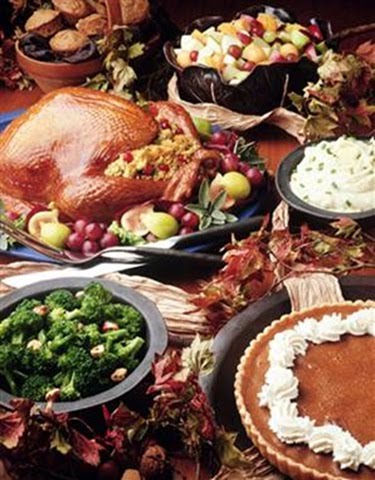The Black Club recently convened in Florida. Jack and his cousin-dog, Sydney, have enjoyed a week of daily fun together on Sanibel Island, working hard to keep cool in their black fur. The first day, when both dogs were panting hard, Skylar suggested they might feel cooler if they took off their fur coats. When I asked her how to do that, she demonstrated the movements of removing her own invisible coat, first the zipper, then each arm. I said, “Ok, let’s take the dogs’ coats off,” she looked diligently for their zippers but never did find them.
The Black club members couldn’t believe how salty the  ocean tasted compared to Lake Michigan but kept sampling it, shaking their heads in disgust after each gulp. Regardless, their happy dances continued uninterrupted, and both of them were pleased to be included on the family trip.
ocean tasted compared to Lake Michigan but kept sampling it, shaking their heads in disgust after each gulp. Regardless, their happy dances continued uninterrupted, and both of them were pleased to be included on the family trip.
Dogs are well-liked on Sanibel with quite a few of them out on leashes strolling the beaches every morning and evening. Jack and Sydney wagged their way up to enthusiastic strangers but lived for off-leash romps in the Florida greenbelt (a tropical substitute for sand dunes) when other dogs weren’t around. Both Jack and Sydney adapted to vacation life quickly, and as long as we were nearby, they were completely content.
I wish it was that easy for the rest of us to find contentment. God offers to provide it for us if we’ll take him up on it, but most of us quest after it through our own methods, ignoring the Lord’s ideas. One perfect example is a family vacation. Looking forward to it usually includes an expectation of contentment that’s very rarely realized. Instead we work hard (while on vacation) to adjust (to our vacation), and struggle to resume the routine (after our vacation) when we get home.
It’s curious that the words contentment and contention resemble each other closely but have opposite meanings. The first is to be emotionally satisfied, the second to struggle in opposition. Much of our effort to find contentment is really contention with God’s scriptural principles.
What are his ideas on how to experience contentment? Here are just a few, taken from biblical passages:
- Appreciate what’s in our closets.
- Express gratitude for our homes.
- Tell our complaints to God not others.
- Take care not to love money.
- View crises as tests we want to pass.
- Share what we have.
Each of those may, at first, seem to oppose contentment, but they work. The age-old theory “more is always better” is a fantasy, a trick of the devil leading to permanent discontent instead.
But if this list is too hard to pursue all at once, we can always do what Jack and Sydney did to be content: dig a hole and crawl in.
“Godliness actually is a means of great gain when accompanied by contentment. For we have brought nothing into the world, so we cannot take anything out of it either.” (1 Timothy 6:6-7)



